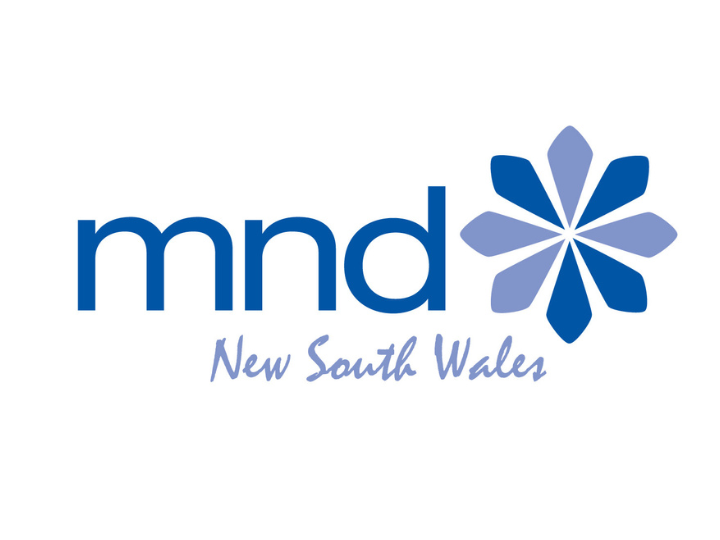August was another busy month for the team at the MND NSW Info Line. We responded to 85 enquires that we received via 1800 777 175 and our email
You have asked us all sorts of questions. Some have been about Motor Neurone Disease (MND) and about symptom management, other questions have been about our services, our events and support groups.
1. What is Motor Neurone Disease?
Motor Neurone Disease (MND) is a disease that affects the nerve cells that are known as motor neurones. Motor neurones carry messages from the brain to muscles through the spinal cord, allowing for voluntary movements to be made. Voluntary movements include walking, swallowing, talking and breathing. MND causes the nerves to become damaged and begin to die, resulting in muscles getting weaker and wasting away. There are four main forms of MND:
- Amyotrophic Lateral Sclerosis (ALS)
- Progressive Bulbar Palsy (PBP)
- Progressing Muscular Atrophy (PMA)
- Primary Lateral Sclerosis (PLS)
Further information can be found in our publication called Aspects of Care for People Living with MND, and on the MND Connect website.
2. How is MND diagnosed?
MND is diagnosed by a neurologist. A neurologist is a medical specialist who specialises in the brain and nervus system.
The diagnosis process for MND can be difficult and can take a long time. The main reason for this is due to health professionals needing to observe the person for a period of time to monitor progression.
There are several other neurological conditions that appear similar to MND especially in the early onset of the disease. The neurologist needs to be cautious in excluding them.
As there is no single test to diagnose MND, health professionals rely on performing a variety of tests to rule out other potential conditions. The tests that may be performed include:
- Electromyography (EMG)
- Nerve Conduction Studies (NCS)
- MRI Scans of brain and spinal cord
- Blood tests
- Lumbar Puncture
- Muscle Biopsy.
Once the neurologist has ruled out other potential diseases, and monitored disease progression a diagnosis of MND may be confirmed.
3. I just received a diagnosis of MND, what supports are available and how do I register with MND NSW?
Registering for MND NSW is an easy two-step process.
The first step is to complete our online intake form. The second step is to sign and return the service agreement that will be sent to you, this agreement outlines MND NSW privacy, policies, rights, and responsibilities.
If there are any difficulties in completing these two steps, you are more than welcome to contact the MND NSW Infoline on 1800 777 175 for assistance or to complete the Program Intake Application Form over the phone.
Services available through MND NSW include:
- The MND Advisor program
- The FlexEquip equipment loan library
- The carer program.
- The MND Youth Hub for young carers
- Education programs, including the MND Learning Hub
- NDIS Coordination of Supports for people with a NDIS plan.
4. Can I still exercise after being diagnosed with MND?
Following a diagnosis in MND engaging in physical activity can assist in increasing range of motion, improving physical and emotional wellbeing along with potentially reducing pain. Research suggests that enjoyment of physical activity is more motivating for some people with MND than a formal exercise program.[1]
Before engaging in physical activity, it is best to speak to your multidisciplinary team, this may include your neurologist, GP and physiotherapist. They will be able to assist you to make decisions regarding managing fatigue, pain and stiffness, type of exercise and assistive technology for mobility and comfort.
For further information regarding physical activity and MND, visit MND Connect
5. Where can I find the most recent information on research?
To find out more about the most recent clinical trials relating to MND there are several different sources for this information.
- MND Australia- Clinical Trials
- I am ALS - Clinical Trials
- MND UK - Clinical Trials
- Australia New Zealand Clinical Trials Registry
Through these links you can read about the current clinical trials that are in progress across the world. If you are needing more information or wanting to participate in one of these trials, it is strongly recommended to speak with your neurologist.
Do you have a question? Call 1800 777 175 or email
[1] 1. T. Sia, “Physical Activities Participation in People with MND: PASE as a Measuring Tool”, Allied Professionals Forum, December 3, 2020




